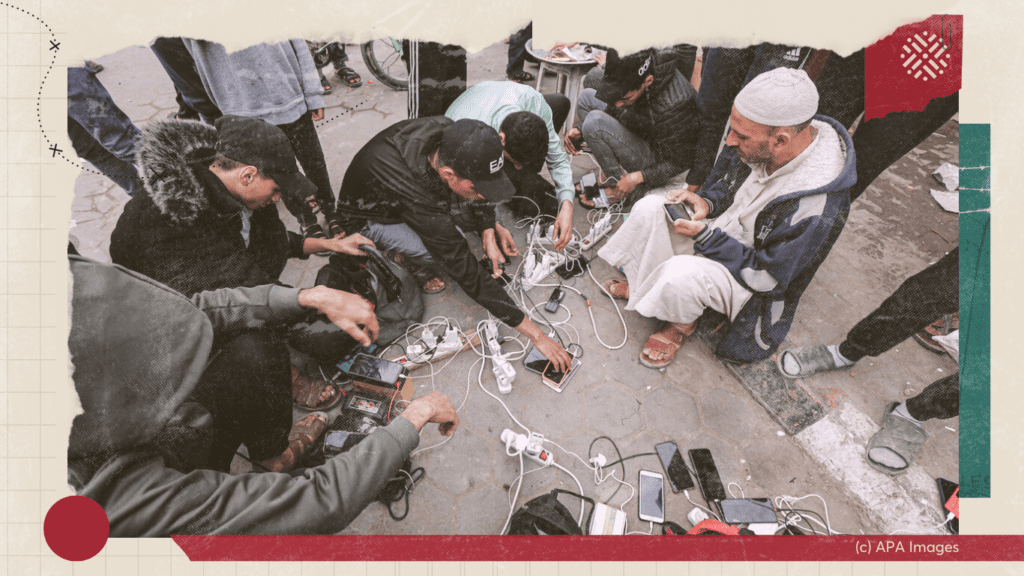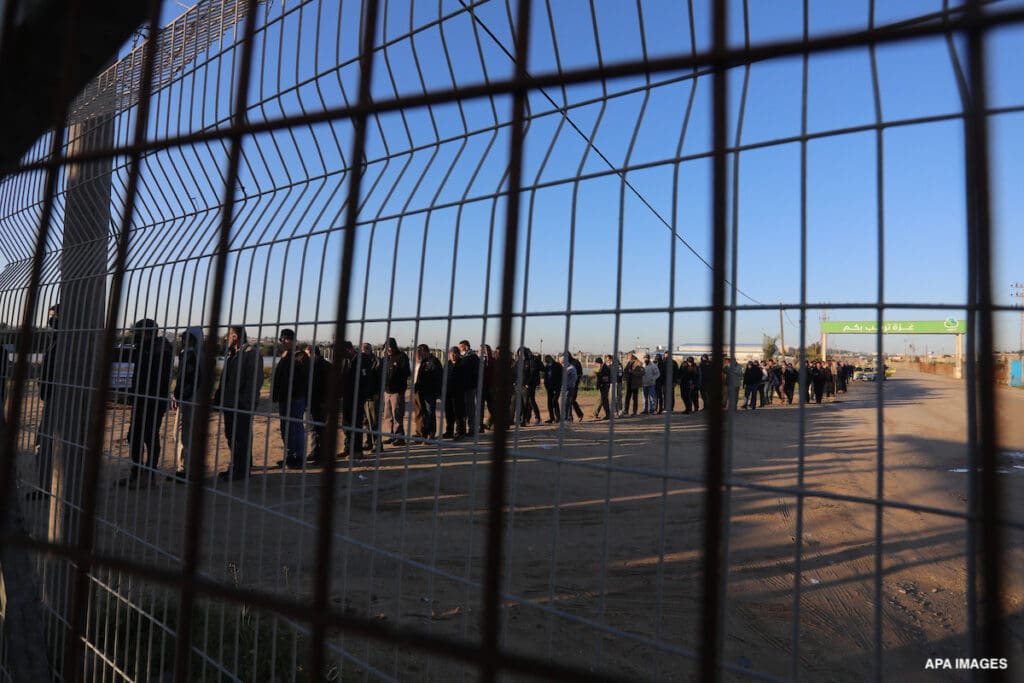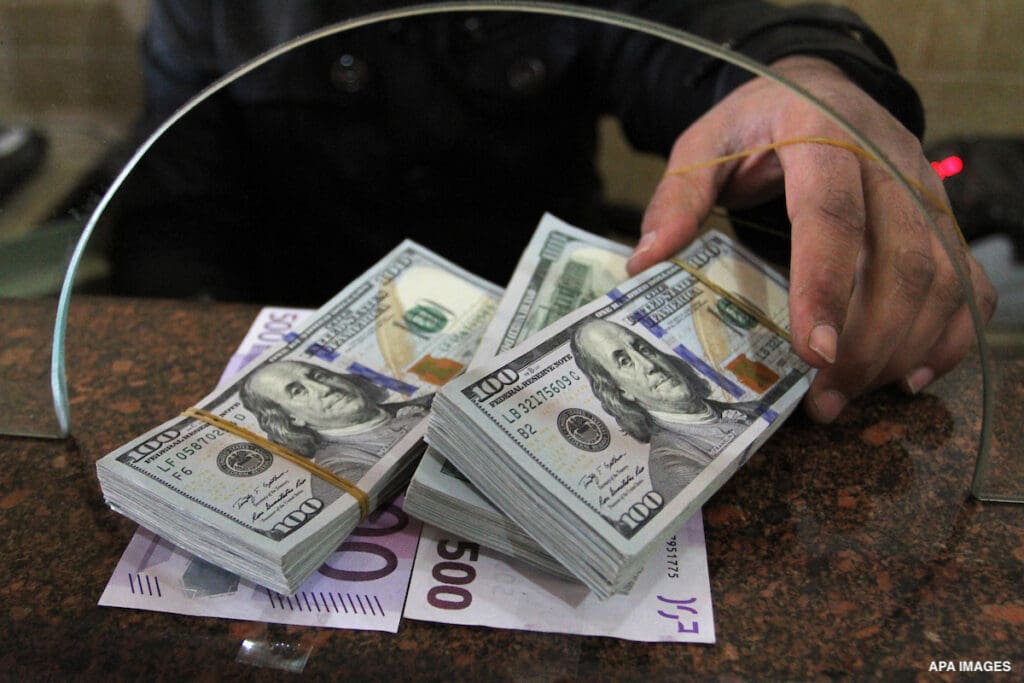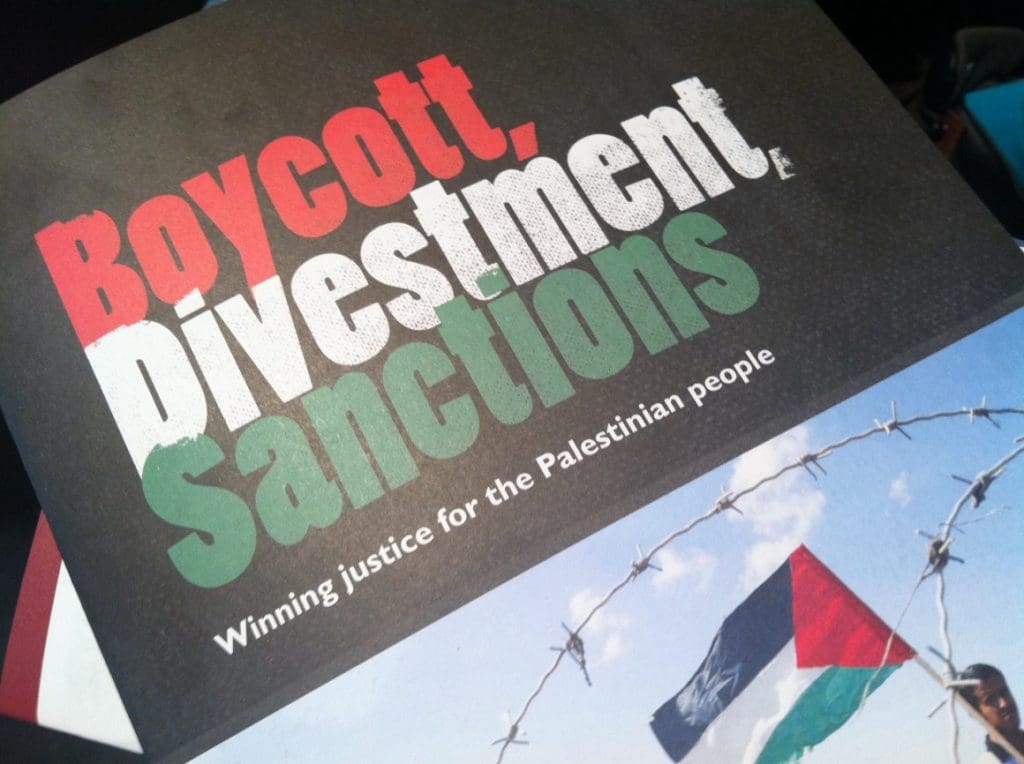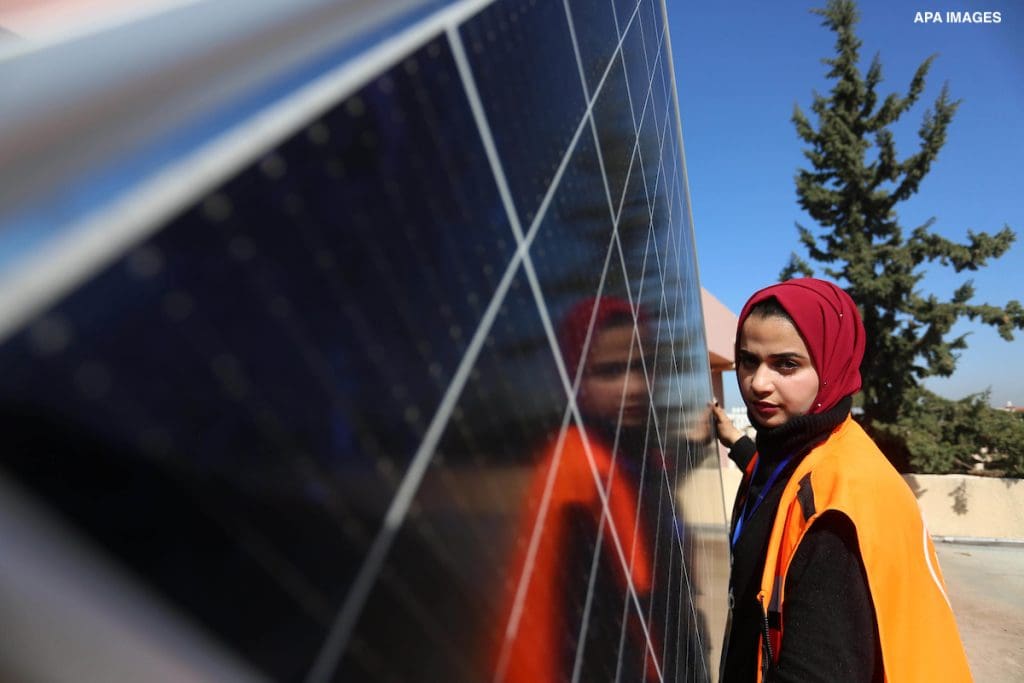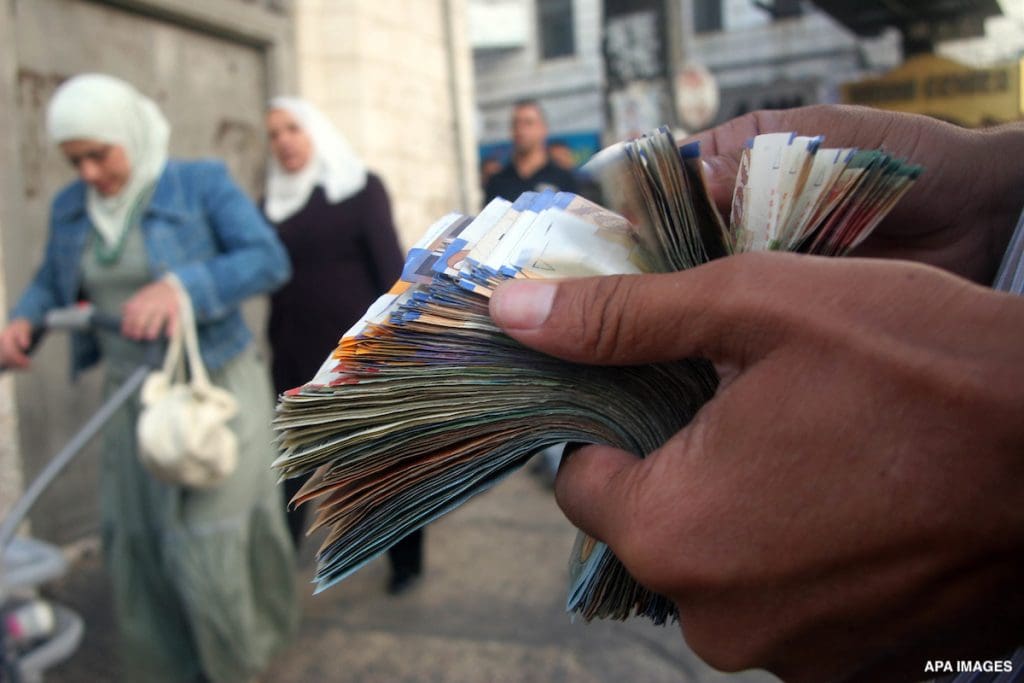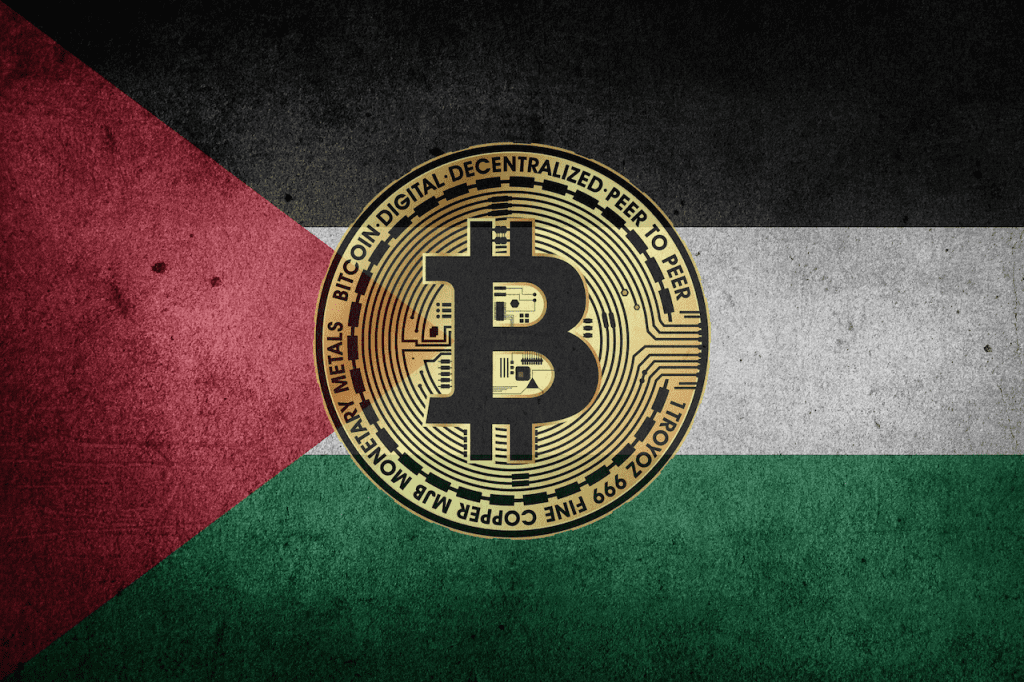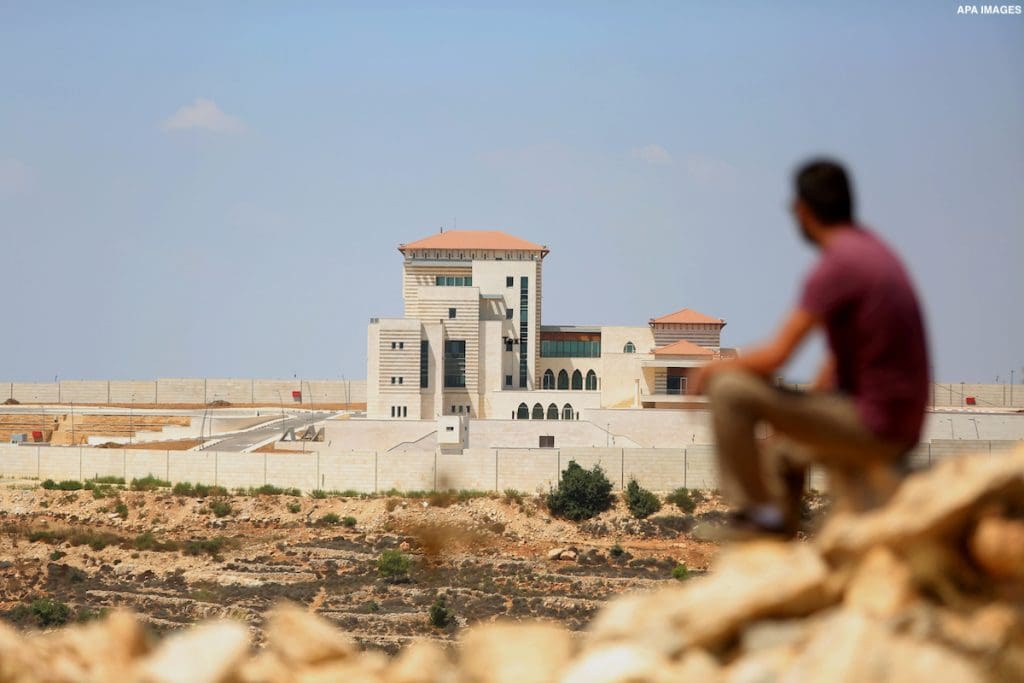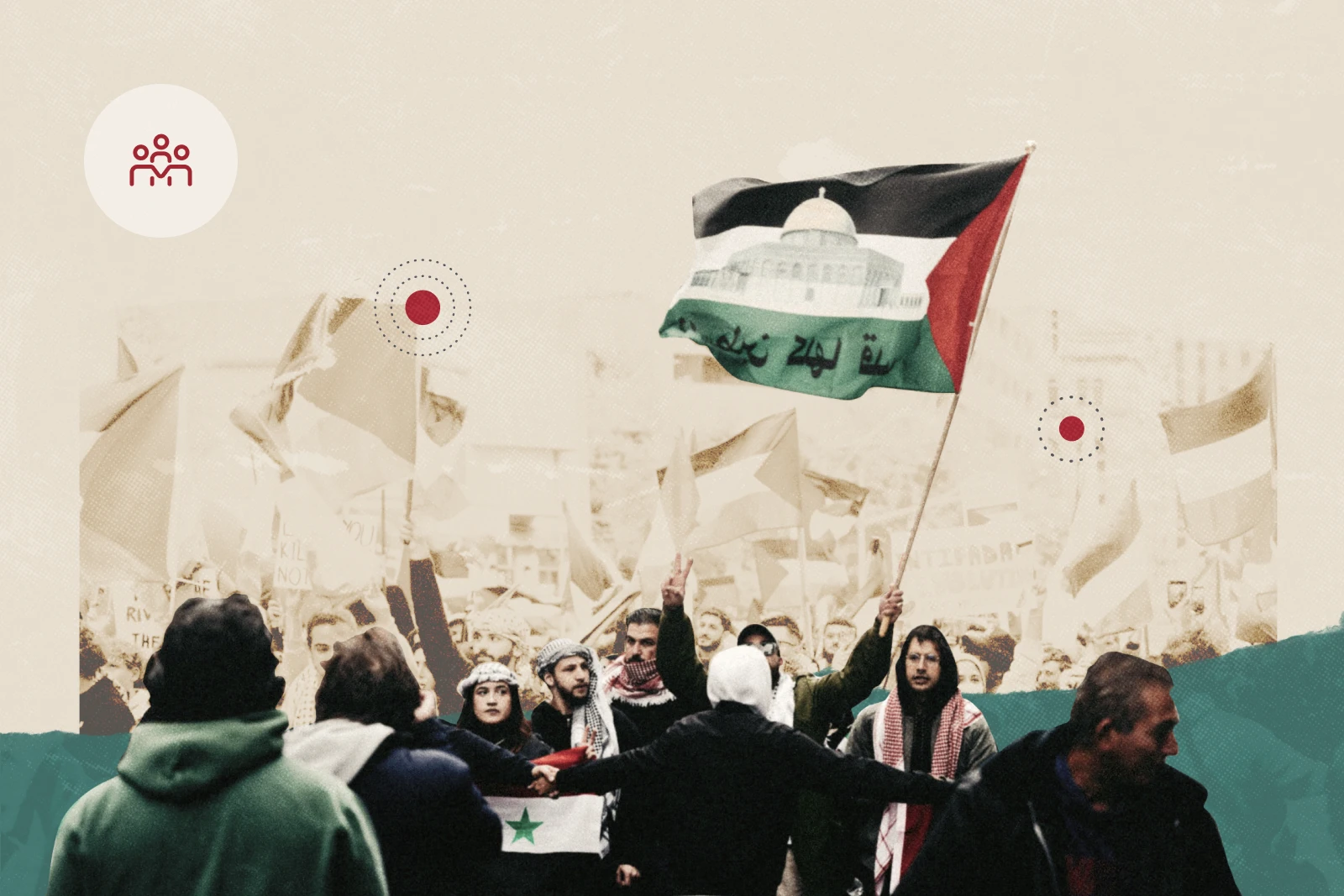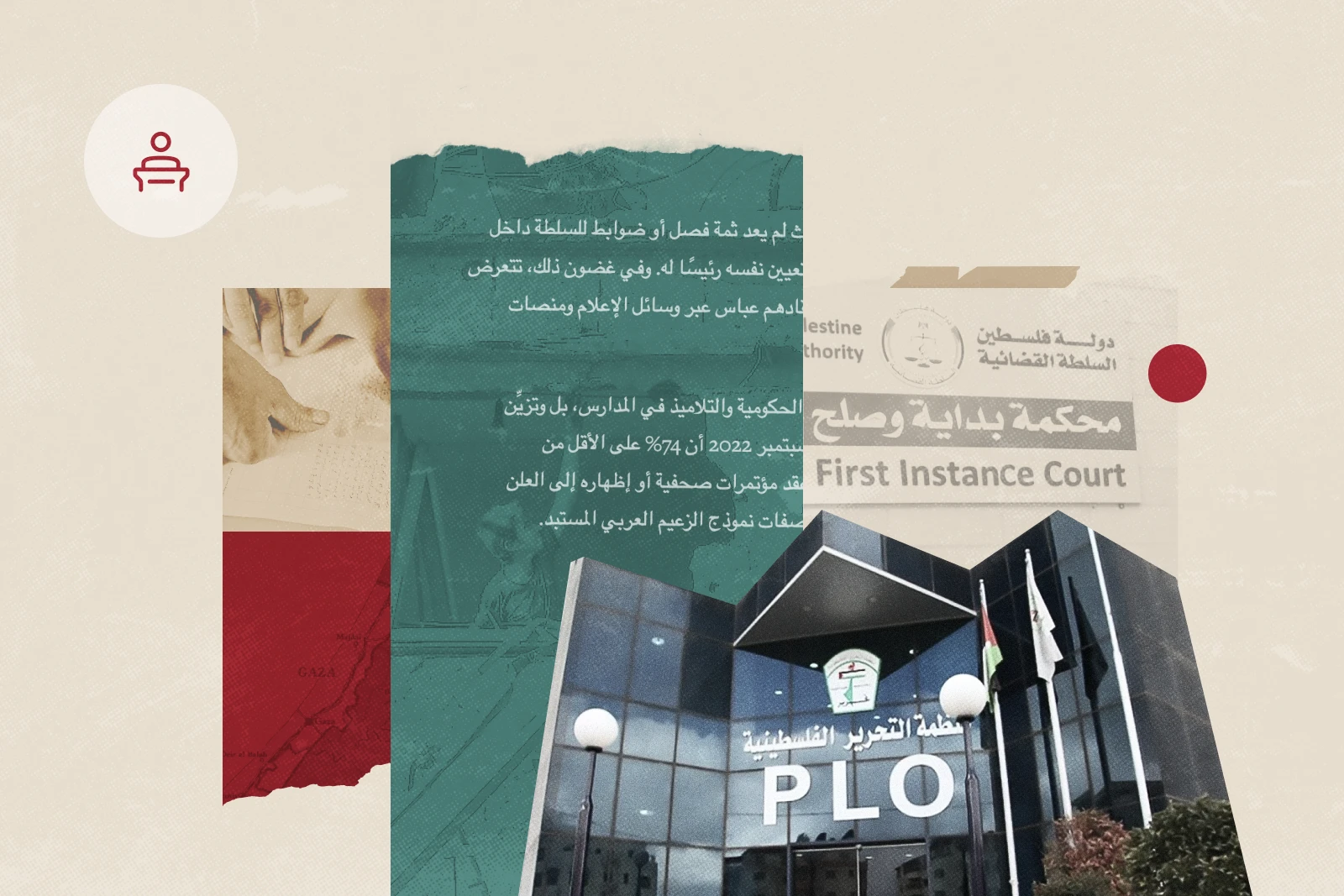topicEconomics
This commentary examines the evolving ties between MENA countries and BRICS, focusing on the prospective Palestinian membership in the bloc and the group’s rationale for extending the invitation. It argues that BRICS membership can reconfigure the discussion around Palestinian sovereignty beyond the bounds of US alignment with Israeli policies. As the commentary details, BRICS membership could also greatly benefit the Palestinian economy by bolstering cooperation among members in areas driving economic development, including the energy and logistics sectors and artificial intelligence.

Ahmed Alqarout· Mar 11, 2025
At the time of publication, the implementation of the first phase of the ceasefire agreement between Hamas and the Israeli government was underway. The deal comes after Palestinians in Gaza endured a devastating 15-month-long genocidal war that claimed tens of thousands of lives and injured many more. Israel’s intense shelling of Gaza has had a catastrophic effect on its infrastructure, including the telecommunications network, forcing the population into a near-total internet and cellular blackout.
This policy brief examines the devastating impact of the Israeli regime’s actions on Gaza’s telecommunications infrastructure and internet access. It situates Israel's attack on the communications sector within the broader framework of neo-colonialism. It explains how Israel’s stranglehold on the Palestinian digital infrastructure strengthens its political and economic hegemony, which is one of the most important features of the Zionist settler colonial project. It also highlights the resilience of Palestinians resisting enforced communication blackouts. It finally offers actionable recommendations for the international community to support enhanced digital access in Gaza and break its technological dependence on Israel.

Ali Abdel-Wahab· Feb 4, 2025
Since the start of the genocide in Gaza, Palestinian laborers working in the Israeli market have become a top target for Israel's brutal Civil and Economic Affairs Cabinet and the Knesset's Foreign Affairs and Defense Committee. During this time, the Zionist regime terminated over 140,000 work permits, detained thousands of Palestinian workers, and began formal discussions with various Asian governments to recruit foreign laborers as replacements.
In this policy brief, Ihab Maharmeh details a recurring pattern in which Israel summons, exploits, expels, or replaces the Palestinian workforce based on its needs. This calculated approach, Maharmeh argues, is designed to systematically dismantle Palestinian political, economic, and social structures, ultimately advancing the goal of Palestinian erasure.

Ihab Maharmeh· Jan 5, 2025
Israel’s withholding of Palestinian clearance revenues is a longstanding practice, historically used to punish or manipulate the Palestinian Authority (PA). Since October 2023, the Israeli regime has only escalated its theft of Palestinian funds, bringing the PA to the verge of financial collapse. This policy memo argues that Israel’s weaponization of clearance revenues is not merely an extension of past measures but a reflection of a new, more radical agenda driven by the far-right.

Ismat Quzmar· Dec 1, 2024
As the Israeli regime escalates its apartheid and settler colonial practices in Palestine, calls for sanctions against it have likewise increased. Still, sanctions remain controversial - both in terms of their ethics and efficacy. Indeed, many have argued that sanctions have rarely achieved their intended goals.



Palestinians in Gaza are suffering from a worsening energy crisis due to the Israeli regime’s ongoing siege. As a result, they have adopted different coping strategies, including solar energy technology to offset electricity shortages. Al-Shabaka policy analyst and 2022 Visiting Gaza Fellow Asmaa Abu Mezied examines this reality, and offers recommendations for Palestinian leadership and stakeholders to promote Palestinian economic self-determination in Gaza.

Asmaa Abu Mezied· Mar 29, 2023
Since 2021, Israeli leaders have proposed a new series of economic policies under the approach of “shrinking the conflict.” This strategy aims to afford Palestinians more economic opportunities and so-called freedoms as a way to sustain the Israeli occupation. In this policy brief, Al-Shabaka policy analyst Walid Habbas debunks the framework and explains why Palestinians will not be pacified with economic incentives.

Walid Habbas· Mar 6, 2023
The Palestinian Authority’s (PA) budget disproportionately relies on clearance revenues — import taxes collected by Israel on its behalf — that the Israeli regime regularly withholds as political blackmail. As a result, Palestinians in the West Bank and Gaza suffer severe economic consequences.

Amal Ahmad· Feb 15, 2023
The recent cryptocurrency crash raises doubts about its viability as an alternative to standard currencies. But are there aspects of the global phenomenon that are still useful for Palestinian economic and political resistance? Al-Shabaka policy analysts Tariq Dana and Ibrahim Shikaki debate the potential of digital and cryptocurrencies and outline technological opportunities for the Palestinian economy.


For the past two decades, the Palestinian Authority has been collaborating with expatriate Palestinian capitalists, who operate in tandem with the Israeli state, to ramp up ICT development in Palestine. Yet the sector continues to suffer. Al-Shabaka’s guest contributor, David Musleh, examines these power dynamics and offers recommendations for what the PA should do to enhance Palestinians’ economic lives.

David Musleh· Jan 9, 2022
In his new book, Palestine is Throwing a Party and the Whole World is Invited, Al-Shabaka policy analyst and Assistant Professor of Anthropology at the University of Illinois, Chicago, 24449, examines how Palestinian governance shifted toward neoliberal globalization in the post-Fayyad years.

Kareem Rabie· Oct 14, 2021
Media & Outreach
Join analysts, Tariq Kenney-Shawa from the Palestinian think-tank Al-Shabaka and Rowena Razak, historical consultant, as they unpack the shift in sentiment on Gaza and Israel’s recent attacks on Tehran.

Tariq Kenney-Shawa· Jun 15, 2025
"Today, while Palestinian CSOs explore ways to survive and face and confront the causes and impacts of the shrinking space at the practical, strategic, political and ethical levels, the time is ripe for the declaration of a Gaza Covenant/Charter/Manifesto to be led by the Palestinian civil society." - Alaa Tartir

Alaa Tartir· Jun 12, 2025
The Madleen sent a strong message that the struggle to stop Israeli crimes continues.

Yara Hawari· Jun 9, 2025
We’re building a network for liberation.
As the only global Palestinian think tank, we’re working hard to respond to rapid developments affecting Palestinians, while remaining committed to shedding light on issues that may otherwise be overlooked.






